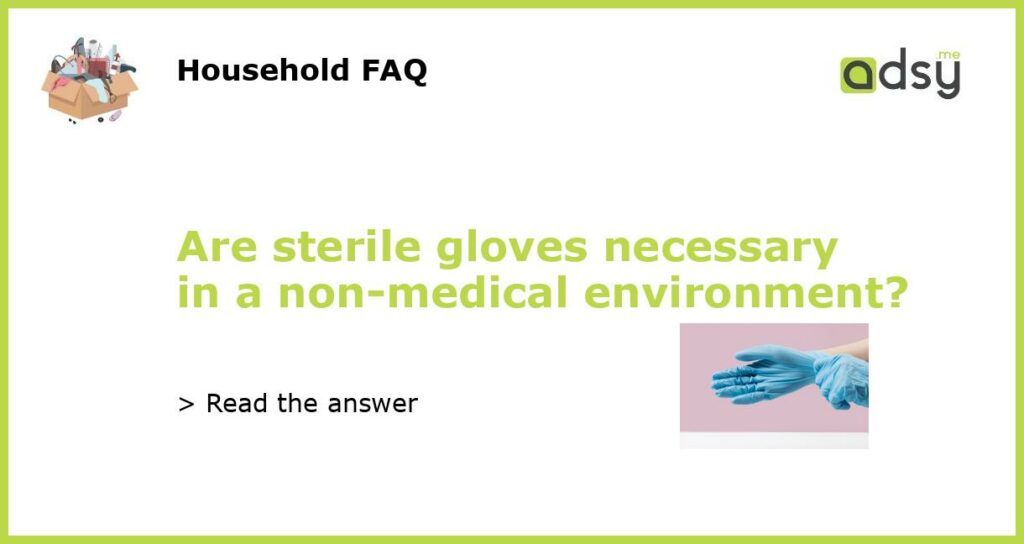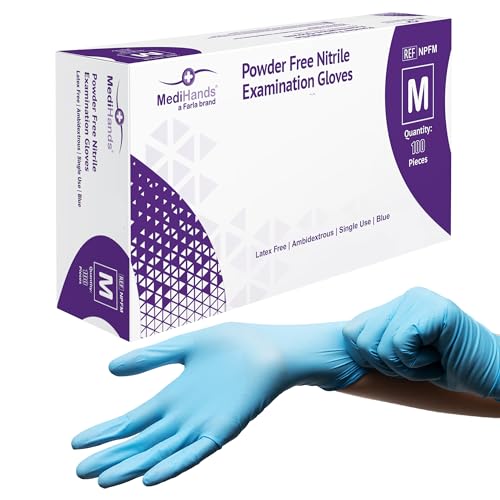The Importance of Sterile Gloves in Medical Environments
In medical environments, the use of sterile gloves is of utmost importance. These gloves help prevent the spread of infections, protect healthcare workers, and ensure patient safety. Sterile gloves are designed to be free from any microorganisms, making them suitable for use in sterile procedures such as surgeries and invasive medical procedures. These gloves are usually made from various materials, including latex, nitrile, and vinyl. Healthcare professionals are required to wear sterile gloves to maintain aseptic technique and reduce the risk of contamination.
Sterile Gloves and the Prevention of Infections
Sterile gloves play a crucial role in preventing infections in medical environments. When healthcare professionals come into contact with patients, there is a potential for the transmission of harmful microorganisms. By wearing sterile gloves, healthcare workers create an additional barrier between themselves and the patient, minimizing the risk of contamination. Infections can have serious consequences for patients, especially those with compromised immune systems. By using sterile gloves, healthcare professionals can help reduce the spread of infections and promote patient safety.
Sterile Gloves and Healthcare Worker Safety
Sterile gloves not only protect patients but also ensure the safety of healthcare workers. Healthcare professionals often come into contact with bodily fluids, chemicals, and other potentially hazardous substances. Sterile gloves provide a barrier that reduces the risk of exposure to these substances, minimizing the risk of skin irritation, allergic reactions, and chemical burns. Additionally, wearing sterile gloves can protect healthcare workers from bloodborne pathogens, such as HIV and hepatitis, which can be transmitted through contact with infected bodily fluids.
Sterile Gloves in Non-Medical Environments
While sterile gloves are crucial in medical environments, their necessity in non-medical environments may be debatable. In non-medical settings, the risk of exposure to harmful microorganisms and the need for aseptic technique is generally lower. However, there are certain situations in non-medical settings where the use of sterile gloves may be advisable. For example, in laboratories where handling potentially hazardous substances or performing experiments that require aseptic technique, sterile gloves may be necessary to ensure safety and prevent contamination.
Alternatives to Sterile Gloves in Non-Medical Environments
In non-medical environments where the use of sterile gloves may not be necessary, there are alternatives that can provide protection and reduce the risk of contamination. Disposable gloves, such as latex or nitrile gloves, can be used as a substitute. These gloves are designed to provide a barrier and can be easily disposed of after use. They are commonly used in industries such as food handling, cleaning, and construction. While not sterile, disposable gloves can still effectively protect against physical and chemical hazards, preventing direct contact with potentially harmful substances.






